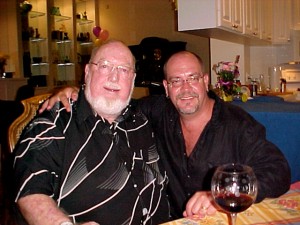Odyssey is an internationally known workshop for fantasy, science fiction, and horror writers. Held for six weeks each summer at Saint Anselm College in Manchester, New Hampshire, Odyssey offers developing writers an intensive learning and writing experience combined with in-depth critiques of their manuscripts. Fifty-eight percent of our graduates have gone on to professional publication.
Odyssey is the only program of its kind run by an editor. Jeanne Cavelos, the director and primary instructor, is a best-selling author and former senior editor at Bantam Doubleday Dell Publishing, where she won the World Fantasy Award for her work. She gives each student direct, useful, and personal attention in identifying the strengths and weaknesses in his writing.
The workshop also attracts top writers in the field to serve as guest lecturers. Over the past eighteen years, authors such as Harlan Ellison, Terry Brooks, Ben Bova, Jane Yolen, George R. R. Martin, Patricia McKillip, Steve Rasnic Tem, Melanie Tem, Nancy Kress, and Dan Simmons have taught at the workshop and shared their insights into writing and the writing life.
Since Odyssey draws many university students, undergraduate credit is available for the workshop through Saint Anselm College.
Our early action deadline is January 31st and our regular admissions application deadline is April 8th. More information about the 2014 session can be found in the press release below or at the workshop website: www.odysseyworkshop.org.
